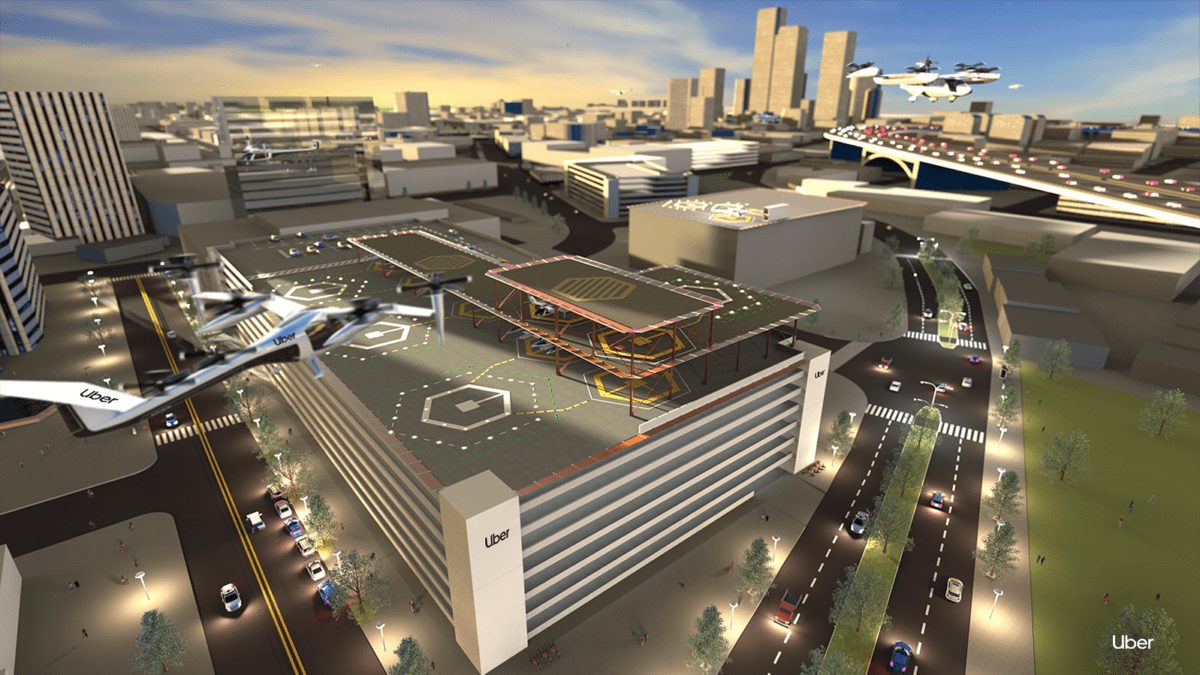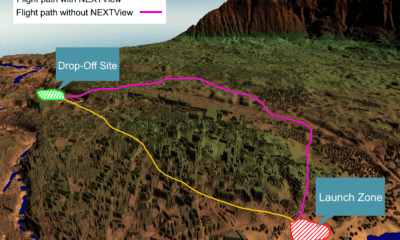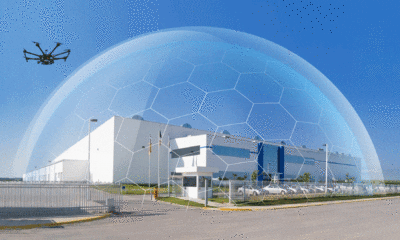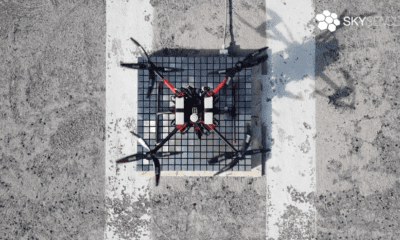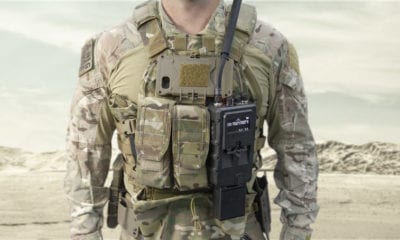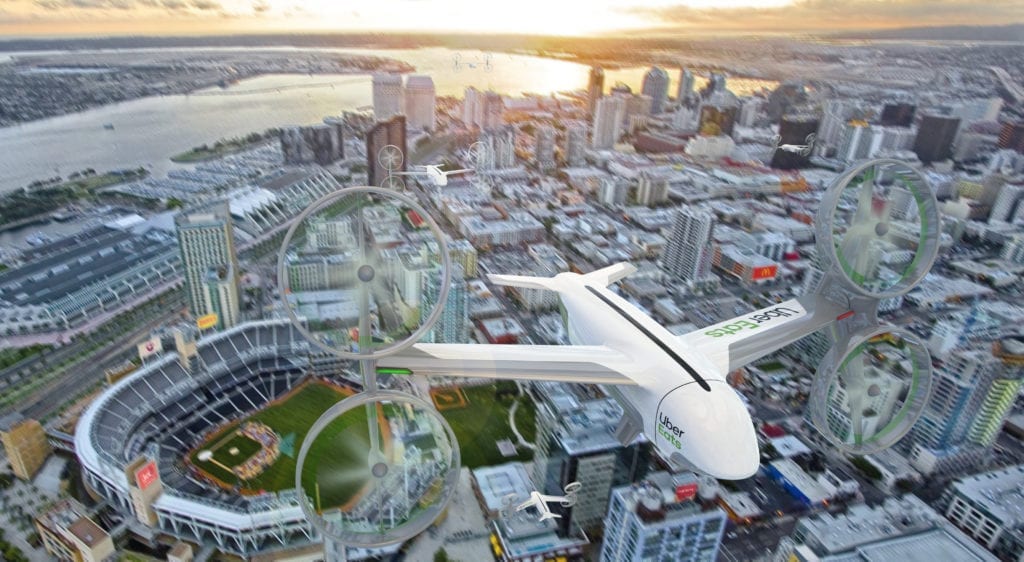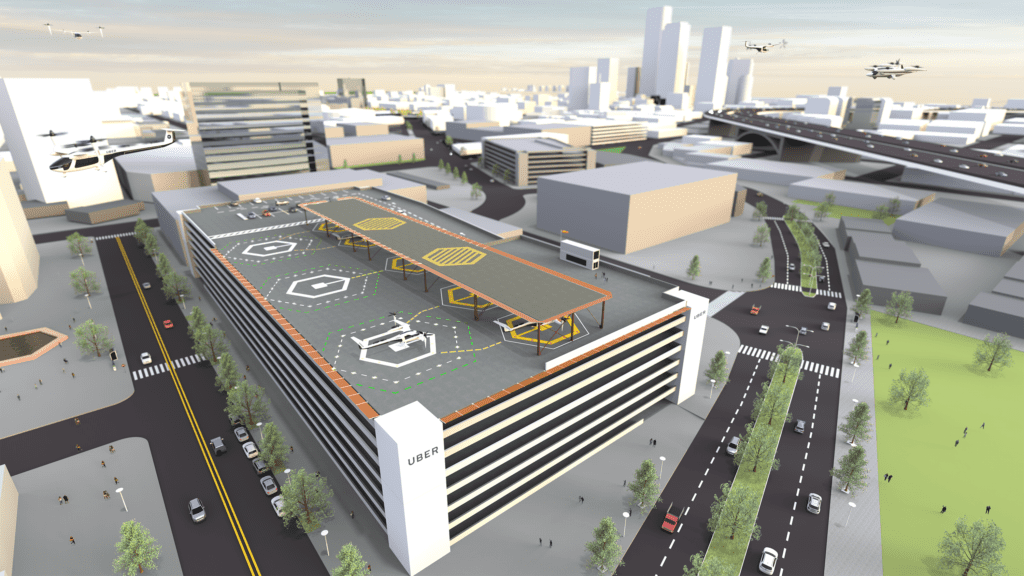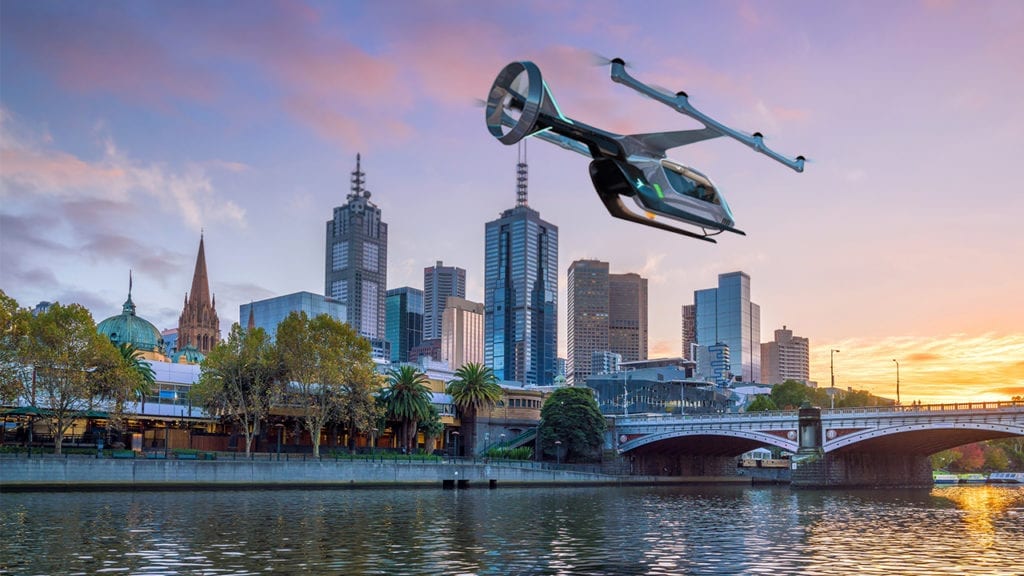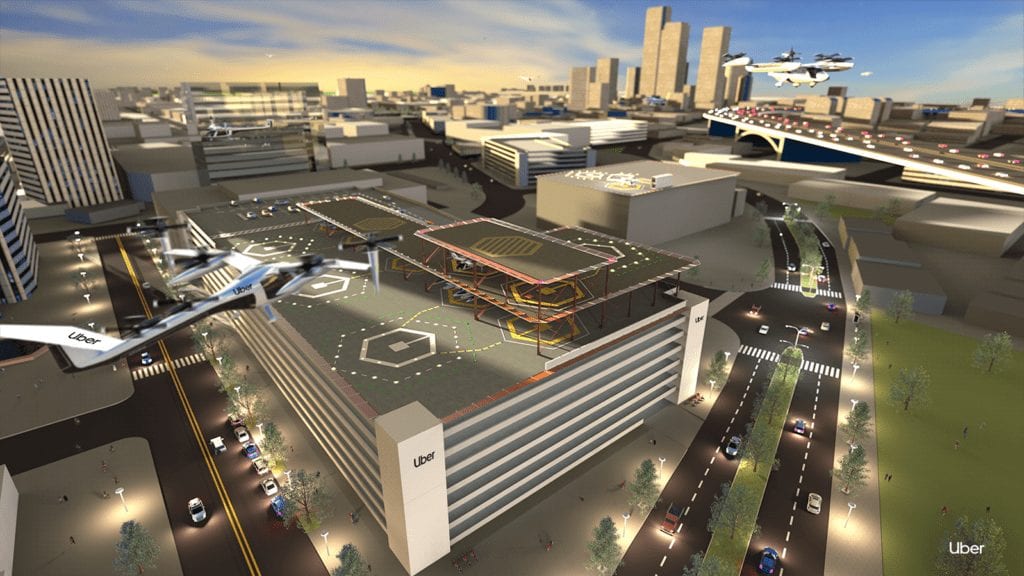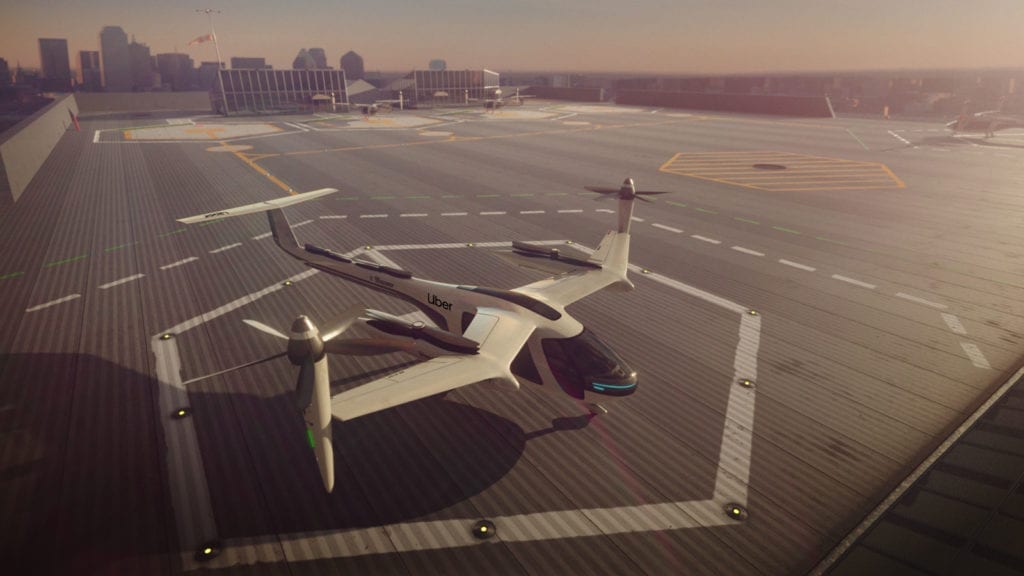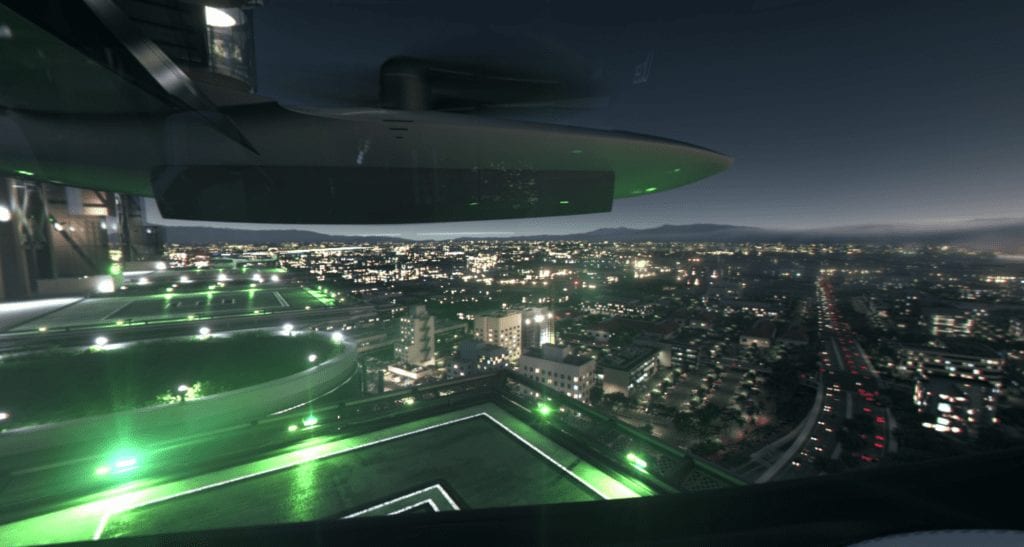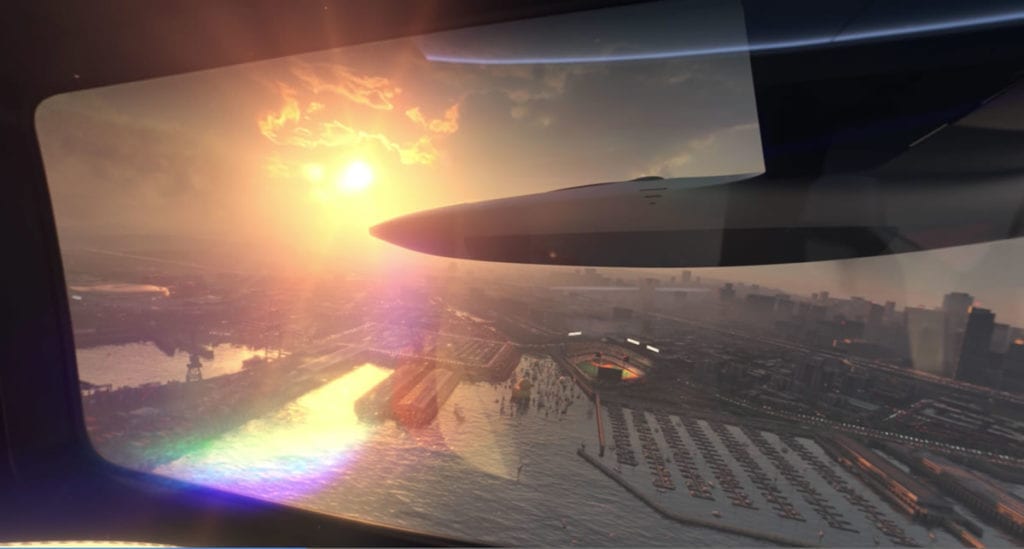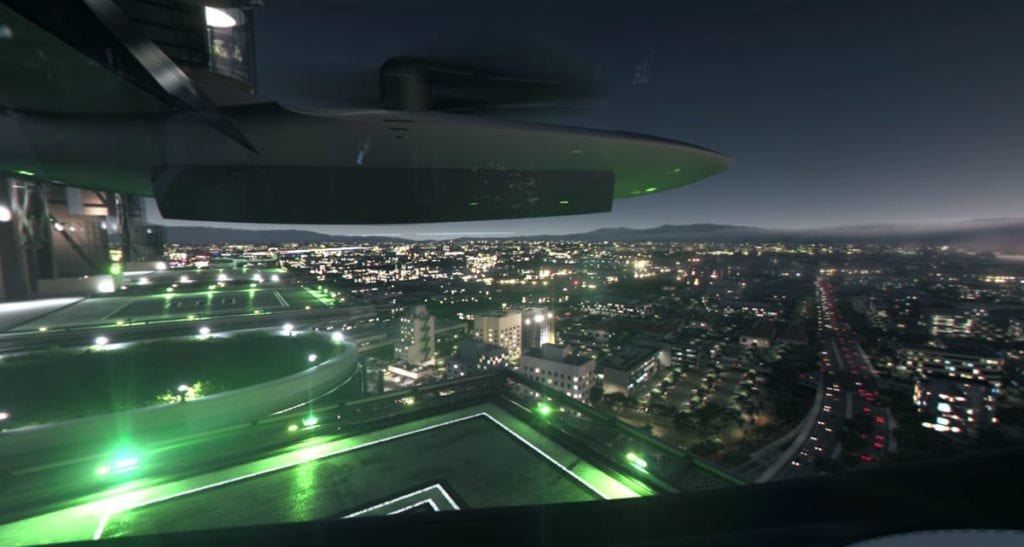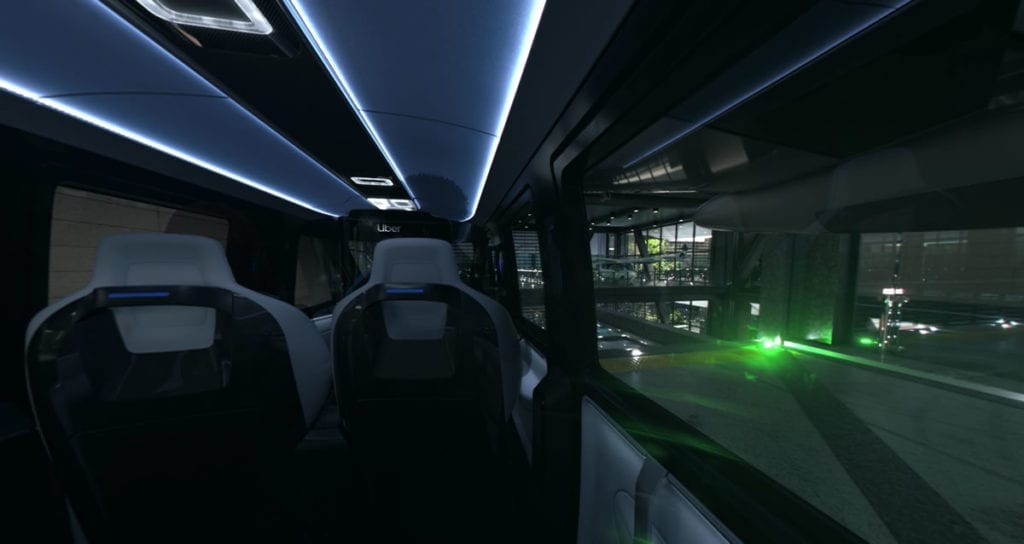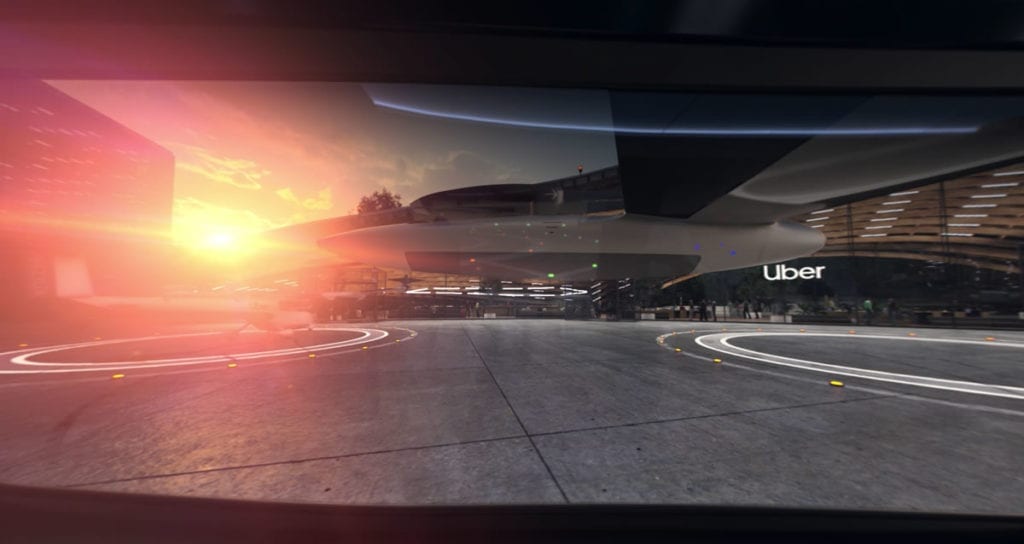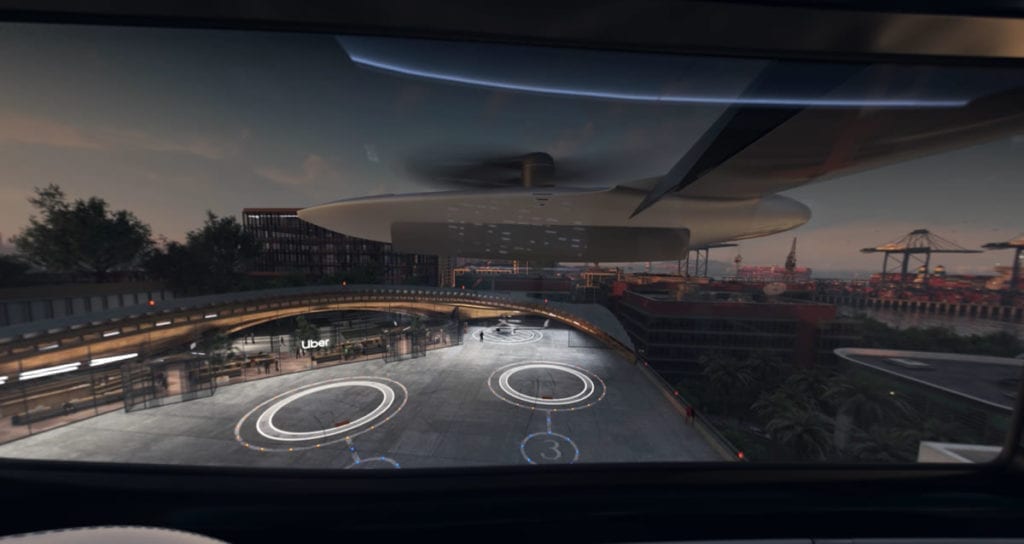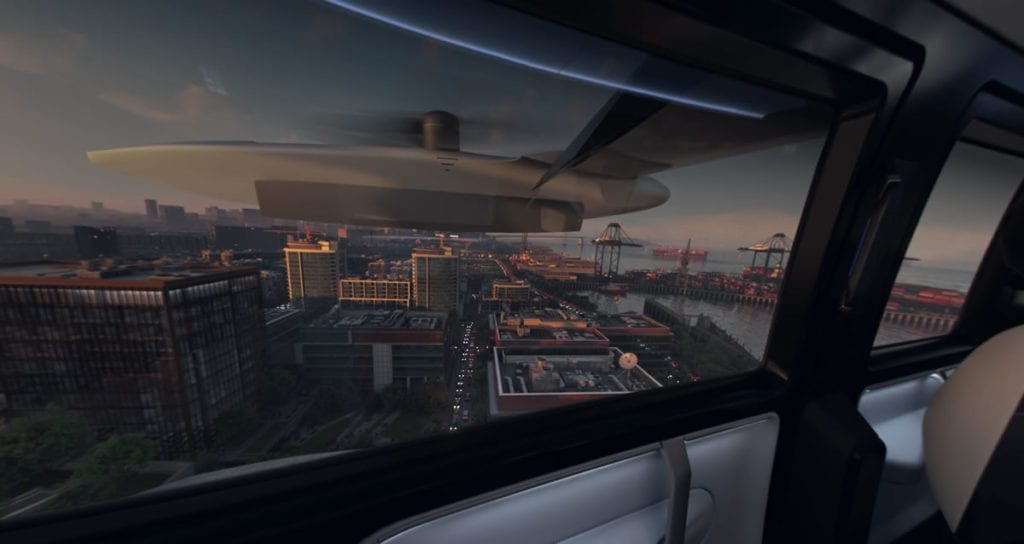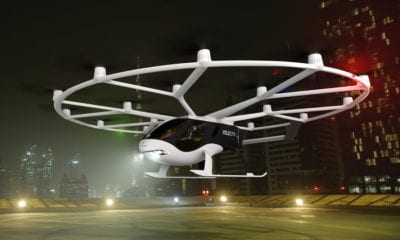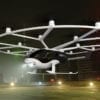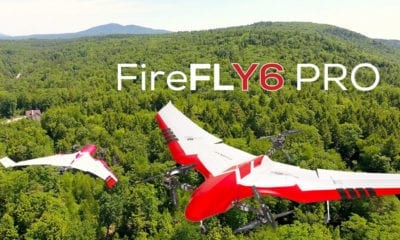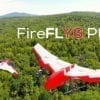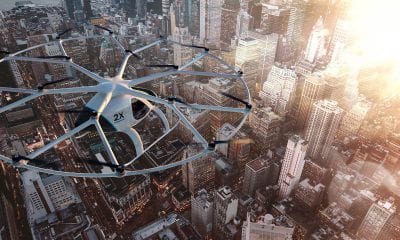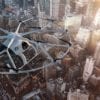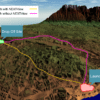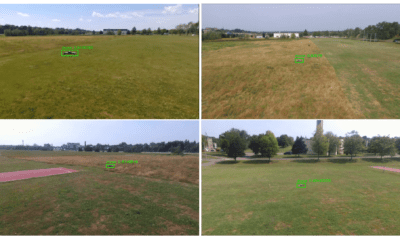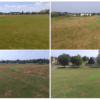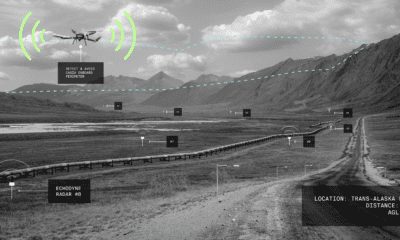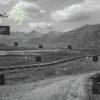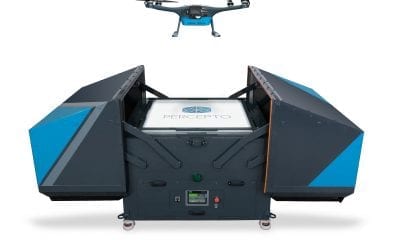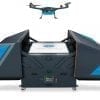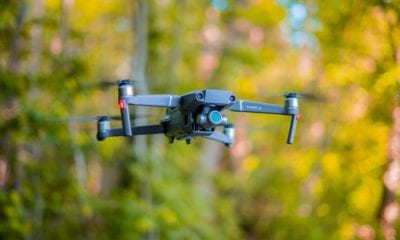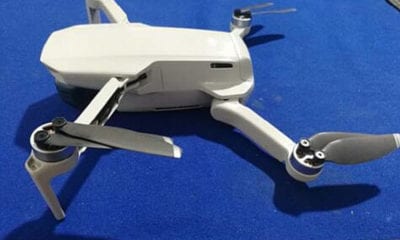Flying taxis could become a reality in Australia within four years! As per an announcement from Uber, Melbourne will be one of three cities to pilot its latest ambitious ride hailing service. Uber claims test flights will begin next year and commercial operations in 2023. Other Australian cities are expected to follow soon after.
The announcement was made at Uber’s Elevate summit in Washington after the deal was sealed with Melbourne Airport and companies Macquarie Capital, Scentre Group and Telstra.
Uber’s vision is for a quiet electric vertical takeoff and landing (eVTOL) aircraft — which would be booked through the Uber app, flown by a commercial pilot initially and would ferry commuters between futuristic sky-ports atop buildings. Uber envisages the flying taxis would eventually become autonomous and estimates that the trip from Melbourne’s CBD to Tullamarine airport could take 10 minutes. Uber Air pilot — that will also run in the US cities of Dallas and Los Angeles — aims to connect transport hubs like airports to central city sites.
Play
Acknowledging that the drone delivery trial by Google’s Project Wing in Canberra had pioneered some of the safety and regulatory issues that flying taxis would encounter Mr Peter Gibson said Civil Aviation Safety Authority (CASA) spokesman Gibson said, “There is going to be a lot of safety challenges involved in this — that’s obvious — but we are certainly well prepared for this.”
Uber Air is pitching as a road congestion busting service that will reduce travel time and “in the long term” transports thousands of people across cities for the same price as an UberX trip. The nascent technology will require lightweight batteries that power the aircraft. Predicting that the timeline was achievable from a technological perspective Dr Jake Whitehead, a University of Queensland researcher who specialises in transport said, “We are very close to the point that battery technologies can support these kinds of smaller vehicles.”
The Victoria’s State Government had been “highly supportive” of the plans for the trial, as per Susan Anderson, regional general manager for Uber in Australia, New Zealand and North Asia, “Australian governments have adopted a forward-looking approach to ridesharing and future transport technology. This, coupled with Melbourne’s unique demographic and geospatial factors, and culture of innovation and technology, makes Melbourne the perfect third launch city for Uber Air,” Anderson said.
Victorian Treasurer Tim Pallas said he was thrilled Melbourne had been chosen to help start what could become a new industry and revolutionise travel across the world. “Melbourne is one of the world’s most liveable cities and importantly it’s innovations like this that demonstrate that we’re at the leading edge of new technologies,” Pallas told the ABC.
Speaking to ABC Radio Melbourne the authority would work with the company to ensure the service was safe before it started operating, Peter Gibson said the list of challenges for Uber was a long one:
- The airspace they would use would have to be managed by authorities
- The people operating the aircraft would need specialised training
- Infrastructure for the mini-airports does not yet exist
Uber’s concept video shows a telegenic career woman smugly looking down at vehicle-clogged highways from her flying taxi before being delivered to the bosom of her family in time for dinner.
A 2016 Uber Elevate paper described a network of small and electric aircraft that can take off and land vertically known as VTOL (vertical take-off and landing).
It proposed using sites like car parks roofs and existing helipads to run the service. “The closest equivalent technology in use today is the helicopter,” the paper said. “But helicopters are too noisy, inefficient, polluting and expensive for mass-scale use.” VTOLs would make use of “autonomy technology” to reduce the risk of operator error.
Dallas architect BOKA Powell and the Dallas office of design firm Gensler are taking the wraps off plans for the first of Uber’s proposed Uber Elevate aircraft terminals. Along with landing pads for the air taxis, the proposed transit centers include facilities for electric bikes and scooters and electric auto charging stations.
Other players in the aerial autonomous segment are active too:
Airbus is trialling its own air taxi service using a VTOL prototype electric aircraft, similar to a drone. German company Volocopter is set to test its own drone-based vehicles in Singapore later this year. Air New Zealand has also said it is examining an autonomous electric air taxi service.
